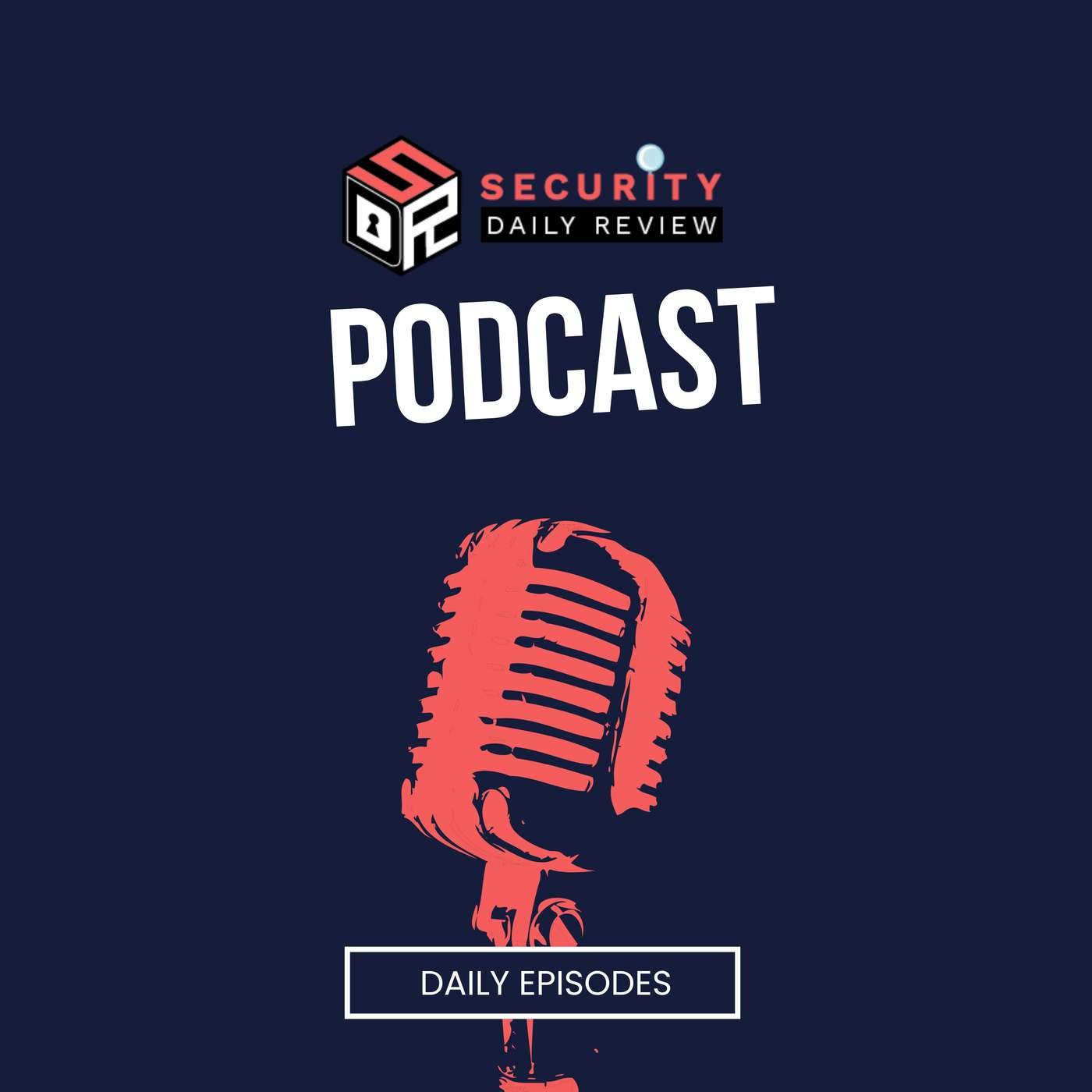The U.S. Cybersecurity and Infrastructure Security Agency (CISA) has added multiple Citrix NetScaler vulnerabilities to its Known Exploited Vulnerabilities (KEV) catalog—an urgent signal for federal agencies and private enterprises alike. At the center of this update is CVE-2025-6543, a memory overflow flaw affecting NetScaler ADC and Gateway appliances, which could lead to Denial of Service attacks under specific configurations. This joins earlier additions from 2023, including CVE-2023-6548 and CVE-2023-6549, covering code injection and buffer overflow vulnerabilities.
In this episode, we explore why NetScaler vulnerabilities are drawing heightened attention, how they are actively being exploited, and what organizations must do to stay ahead of increasingly sophisticated cyber threats. But the scope of this episode goes far beyond Citrix. We delve into the latest intelligence on:
- Active APT campaigns like Swan Vector, which leverages OAuth abuse, DLL sideloading, and Cobalt Strike to infiltrate institutions across Taiwan and Japan
- The rise of “Shadow AI” in enterprises, where unsanctioned GenAI tools introduce hidden risks like data exfiltration, training leakage, and geopolitical exposure
- A roundup of critical vulnerabilities, including high-severity flaws in Cisco ISE (CVE-2025-20281/20282), Veeam Backup, Roundcube Mail Server, and Trend Micro PolicyServer—all being actively targeted or at high risk
Key insights from the episode:
- Why CISA’s KEV catalog should be a top priority for every organization’s patch management strategy
- How vulnerabilities like CVE-2025-6543 can be weaponized in real-world attacks, and why even memory overflows in peripheral configurations matter
- Best practices for hardening Citrix NetScaler environments, including RBAC, TLS restrictions, session timeouts, and audit logging
- The strategic implications of APT groups abusing legitimate services like Google Drive and PrintDialog.exe to remain stealthy
- How organizations can shift from blocking to secure AI enablement, using real-time browser monitoring and open-source LLMs tuned for enterprise context
- The consequences of lagging on patches: RCE, privilege escalation, SQL injection, and OS command execution across enterprise infrastructure
The episode also covers TWCERT/CC’s alerts on actively exploited vulnerabilities in ASUS routers, Acer software, Zyxel devices, and SAP systems—underscoring the truly global and cross-sector nature of the threat landscape.
This episode is essential listening for security architects, IT managers, CISOs, and vulnerability management teams trying to cut through the noise and act on what truly matters. With mandated remediation deadlines (like July 21, 2025, for CVE-2025-6543) now baked into CISA advisories, the time to act is now.








